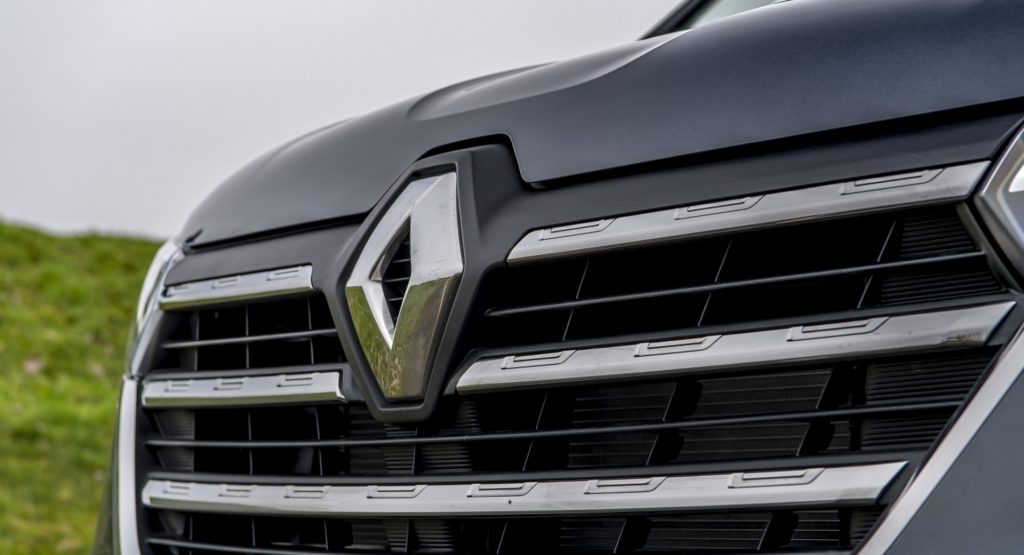Several automakers are announcing plans to pause production or shift it following Russia’s invasion of Ukraine.
Avtovaz, the maker of Lada vehicles and Russia’s biggest automaker, announced that it may suspend some assembly lines on Monday due to persistent global shortages of electronic components, reports Automotive News.
The company is owned by Lada Auto Holding, in which Renault holds a controlling 67.61 percent stake, and it operates several plants in Russia. Separately, the French automaker said it would suspend some operations at its car assembly plants in the country next week due to logistics bottlenecks caused by parts shortages. Neither it, nor its subsidiary AvtoVaz, cited the invasion as the cause of the production pauses, reports Reuters.
Read Also: VW, Renault And Stellantis Plants In Russia Could Be Affected By Western Sanctions
“Interruptions are primarily caused by tighter border controls in transit countries and the forced need to change a number of established logistics routes,” the company’s Russian unit said.
Although Renault is the most invested automaker in Russia among Western companies, it is by no means the only one. Volkswagen said that it would halt production for a few days at two factories following delays in getting parts that were made in Ukraine.
Automotive-related companies are also being affected by the conflict.Finland’s Nokian said it is shifting production of some key product lines out of Russia and the U.S. to prepare for further sanctions following the invasion.
Indeed, U.S. President Joe Biden recently announced new sanctions that would block exports on tech products, a move he said limits Russia’s ability to advance its military and aerospace sectors, reports CNN.
Automakers may also be worried about supply-chain issues related to the metals palladium, platinum, and rhodium, which are used in the production of catalytic converters. Russia produces about 38 percent of the world’s palladium and, although there is a stockpile outside of the country, impacted supply lines may eventually affect automakers.
“It’s hard to think of a global auto business that doesn’t have palladium coming from Russia,” Mark Wakefield, the co-leader of consulting firm AlixPartners, told Reuters.
Nexta.TV, meanwhile, tweeted yesterday that Audi, Jaguar Land Rover, BMW, Mercedes-Benz, Citroen, and General Motors have suspended shipments to Russia, but none of the automakers has so far confirmed the report to us. We will update this story when we hear back from them.










